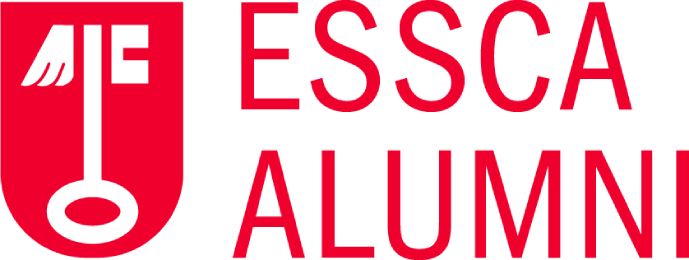U ... as in Catholic University
OnJuly 12, 1875, the Assemblée Nationale ratified a bill by 316 votes to 266, article 1of which stated: " Higher education is free. "Abolishing the State monopoly, it was based on a bill introduced by Compte JOUBERT on July 31, 1871, and passed on first reading in December 1874.
For Catholics, this new law represented a breakthrough, since 1833 had brought freedom of primary education, and 1850, freedom of secondary education.
While the first free faculties were being organized in Paris and Lille as early as October 1875, Monseigneur FREPPEL (1827-1891), Bishop of Angers for five years, inaugurated the Faculty of Law on November 15. of Law in his good city, which fought hard to be named the seat of theUniversité Catholique de l'Ouest, to the detriment of the other two candidates, Poitiers and Rennes.
Charles-Emile FREPPEL, an ultramontane theologian and supporter of papal authority, was a friend of PIE IX (1846/1878), whom he had served personally in Rome. It was at his instigation that he was appointed to Angers, where he remained from 1870 until his death in 1891. He was also to become deputy for Finistère from 1880 to 1891, and distinguished himself in the Chamber as the herald of a hard-hitting Catholicism. His energy was boundless, and more than once the chamber resounded with his memorable rages. FREPPEL's strong personality was a perfect blend of influence and action, and there's no doubt that, from 1872 onwards, he knew how to use both to good effect, in order to achieve his goals. his "great work", as his "ideological" adversary, archivist Célestin PORT, was to describe him.
From then on, each following year, Monseigneur FREPPEL would open a new Faculty: Letters in 1876, Sciences in 1877, Theology in 1879, to which were added, after his death, the École Supérieure d'Agriculture et de Viticulture in 1898, and the École Supérieure de Commerce et d'Industrie in 1909.
A papal decree in 1913, attaching the whole of Brittany to the Angers district, ensured the financial continuity of the UCO. This now included no less than fifteen départements, from Ille-et-Vilaine to Charente.
Through the Société de ses amis, the University was recognized as apublic utility in 1941.
Paris, Toulouse, Lyon, Lille and Angers represented the five major centers of Catholic higher education in France.

Monsignor FREPPEL



